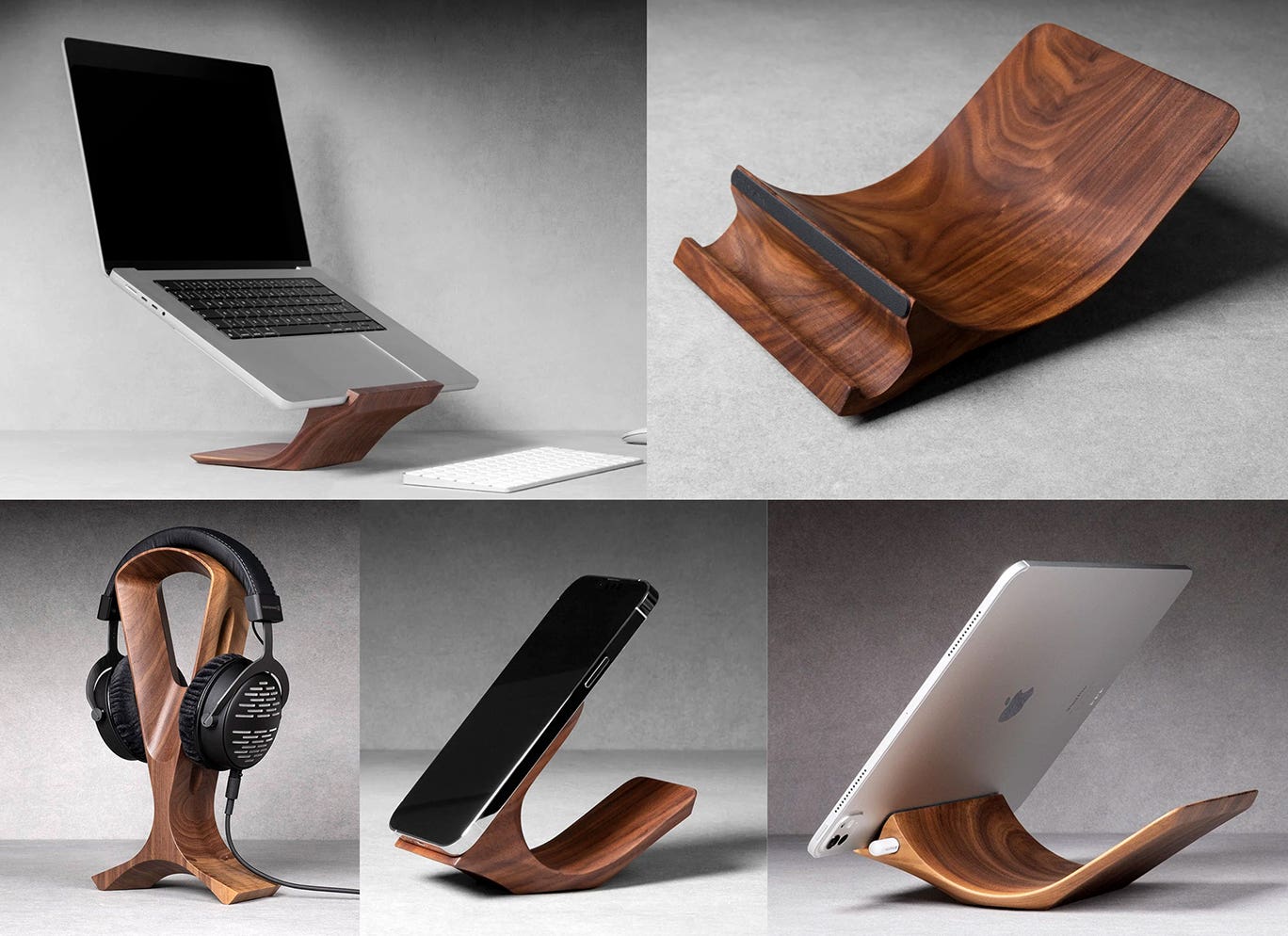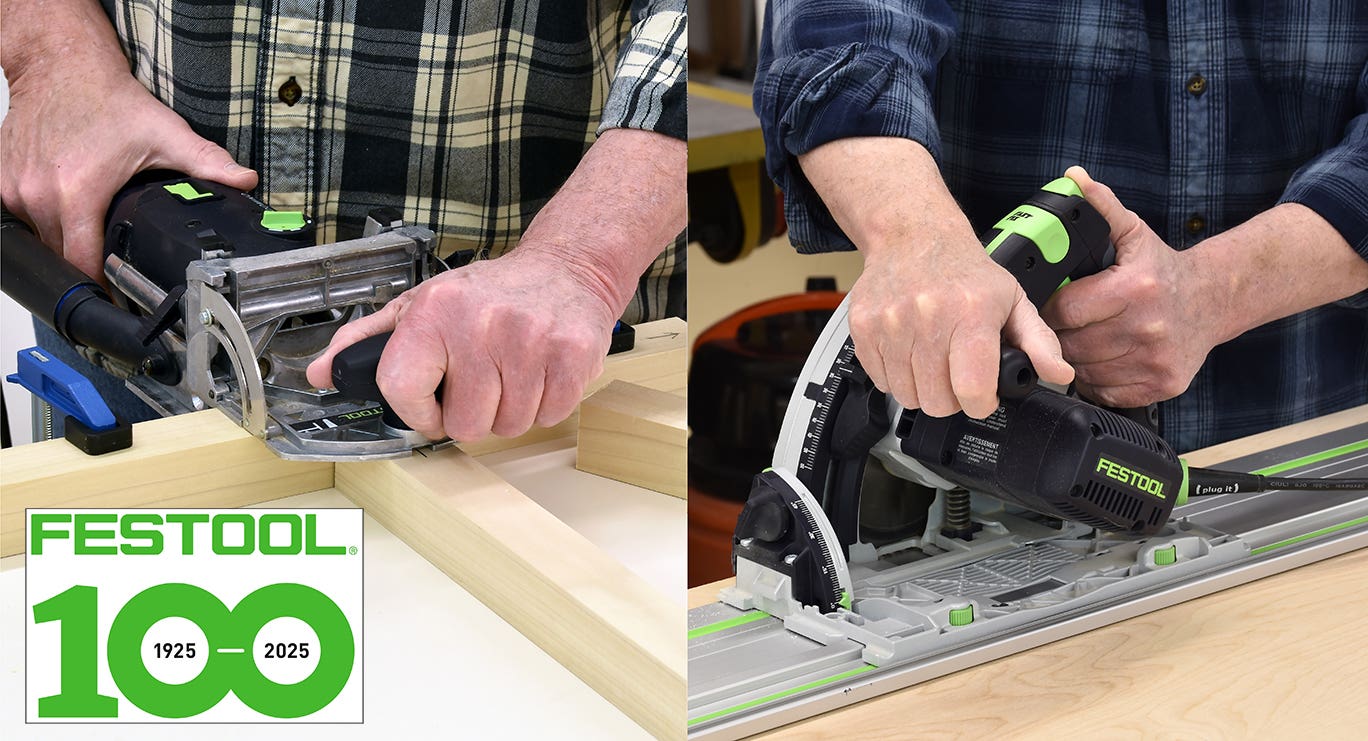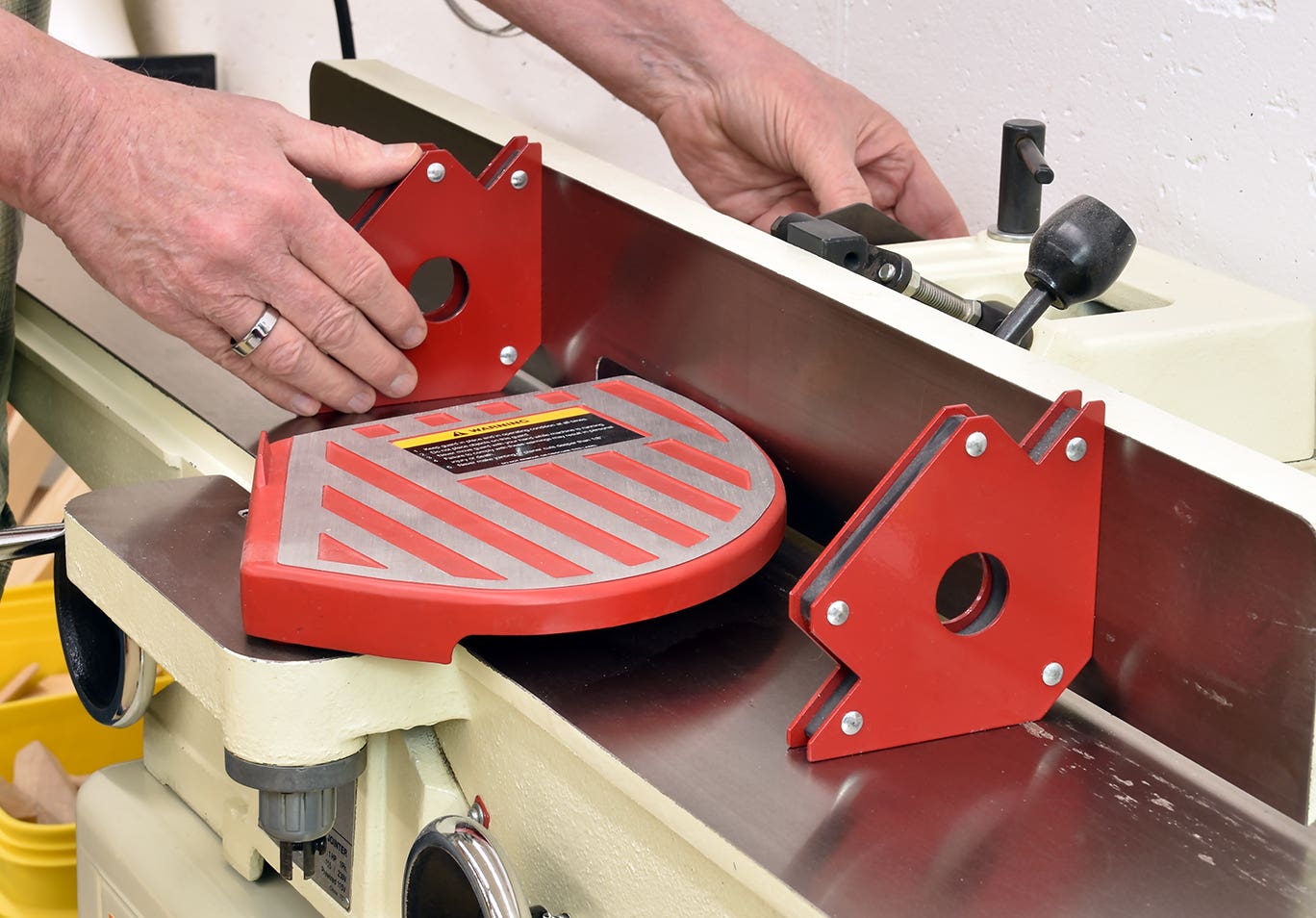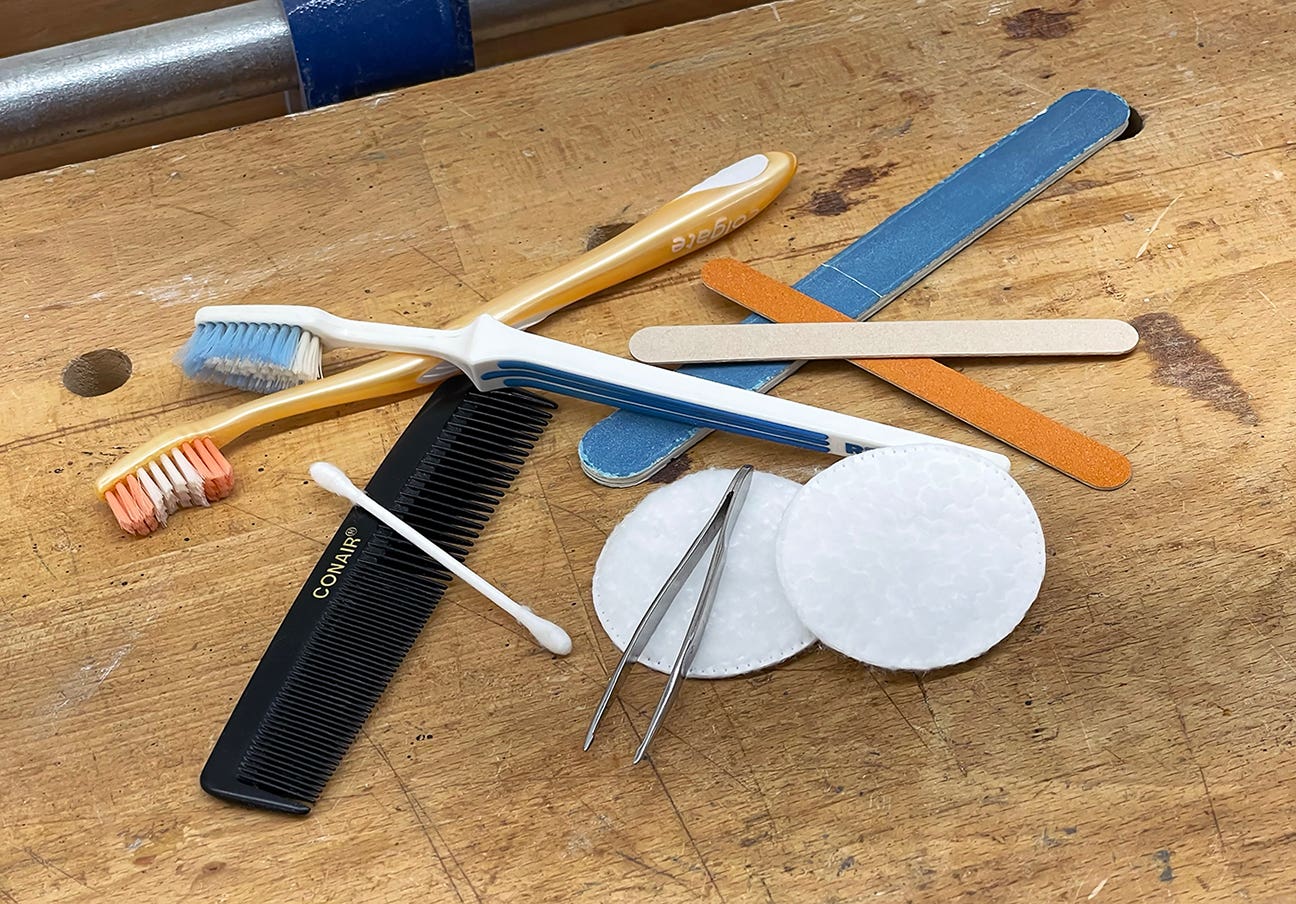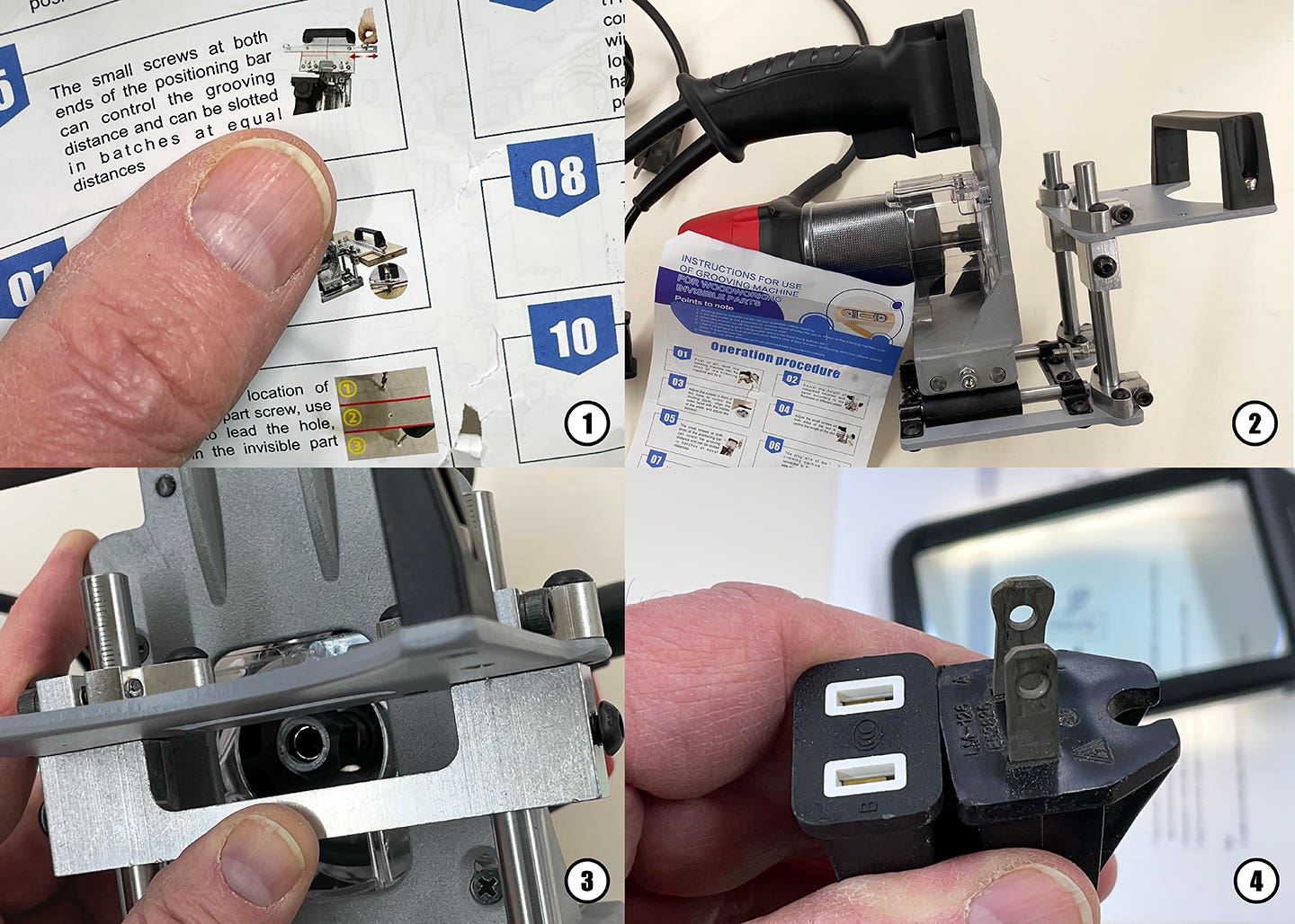What you see on the outside is not always what is on the inside. The Mpemba Effect, named after Erasto Mpemba, a process in which hot water can freeze faster than cold water, demonstrates how simple logic does not always reflect the truth.
When running a business or just simply building things for other people, the majority of the process is based on logic. Although you still need a creative, right-side-of-the-brain approach to build, the cognitive exercise is largely dominated by practical decisions. For instance, material choices, pricing decisions and establishing a schedule aren’t typically thought of as being creative tasks, but rather the mundane things required to do what it is that you do.
When I look at look at a piece of art or a finely crafted object, my first brain impulse is to marvel at the creative genius it takes to make something so beautiful. And even though I know enough about creating things, I’m still lured into thinking that to be an artist is something magical. It’s part that, but really more about hard work than anything else. Like Thomas Edison said, “Genius is 1 percent inspiration and 99 percent perspiration”. The things that we see are not always what they appear to be, and most certainly are not created as simply as one might think.
David and Goliath
I can’t help but think of the story of David and Goliath when analyzing how the principles of the Mpemba Effect apply to my work. Goliath was the giant Philistine sent out to taunt Israel’s army during a wartime standoff. Because of the fear and intimidation of his imposing stature, no opposing soldier was willing to take on his challenge of a one-on-one combat. Except for an unlikely shepard, David.
What the giant didn’t know – or anyone else for that matter – was the accuracy and violent nature of the sling David used to take him down. It’s understood from ancient battles that in the hands of an experienced user, a rock from the sling could travel over 100 mph and be accurate at a distance of 200 yards. In other words, even though he was small and had a less intimidating weapon, David actually had the advantage.
How? He was an experienced user and confident in his ability. He didn’t look at the obvious stature advantage his opponent had in a hand-to-hand combat scenario, but rather relied on his own special skill to deliver a small projectile with pinpoint accuracy.
Many giants throughout history have been known to have acromegaly, a disorder in which the pituitary gland produces too much growth hormone (it also has a negative effect on eyesight). It’s believed from the historical record that Goliath was a prime candidate for this disorder and suffered from poor eyesight, which would have put him at a huge, albeit unknown disadvantage. Again, David exploited a fact that was not determined by simply looking or observing the obvious.
Giants in business
Readers of this fine journal are most likely not a giant of industry. Multi-billion-dollar corporations dominate the landscape of our country and demand the consumer to bow down to their product, services and way of doing things. Because many of them hold monopolistic type power in the marketplace, small business often feels like there is no hope to go beyond the mere scraps left behind to feed on. Nonetheless, these big boys have a weakness. But it’s up to you to find them.
No one is better suited to the task of bringing down a giant than the one who is on the front lines of their own marketplace niche. Don’t spend your time thinking about how powerful they are, but rather how your gift, when diligently honed, is no match for their all-encompassing reach over the very things you’re selling in competition.
For instance, a dozen or so years ago, I was referred to a client that needed new hardware put on their front door. Although small tasks like this are sometimes not worth the trouble, I knew my skillset could make it profitable. I also knew that the bigger contractors wouldn’t even sniff at this project because of its insignificant ability to produce their needed profit margin.
Focusing on what I do best (taking on specialty projects other shops can’t make money at), I set up a meeting with the client. They showed me the door (a very old, original pre-WW II entry system) and the hardware they wanted installed (very expensive custom forgings worth three times the cost of an expensive new door). I suggested replacing the beat up, many-times-modified door with a new one but was told of the attachment they held for their old friend. I accepted the project and felt somewhat guilty for the amount of money we needed to charge in order to completely rebuild the door to accommodate the new hardware system. Elated with how my small company handled the project, I have since been rewarded with several lucrative jobs from this client.
In conclusion
Things are not always what they appear to be on the outside. Small businesses are constantly being judged unfairly because of size, even though they often bring some of the best talent to the marketplace without all the unneeded fluff and red tape.
Bigger is not better. Bigger just means you’ve found a way to exploit a certain market. Better means there is a more excellent, effective or efficient way of doing things. You don’t need to be big to achieve that. In fact, the bigger you become the harder it is to be better, based on the definition above. Take pride in what you do, and the things you’re gifted in.
Although it came from the Communist Manifesto, the phrase, “Workers of the world unite”, rings true for small business. As an independent craftsman or artist you can do great things if you focus on and hone your specialty.
And don’t be intimidated by the things big business has “already taken care of”, but rather unite with other like-minded entrepreneurs to bring down the taunting giant that is taking your work.
David Getts is a certified kitchen designer and owner of David Getts Designer Builder Inc. in Seattle.
This article originally appeared in the August 2019 issue.



